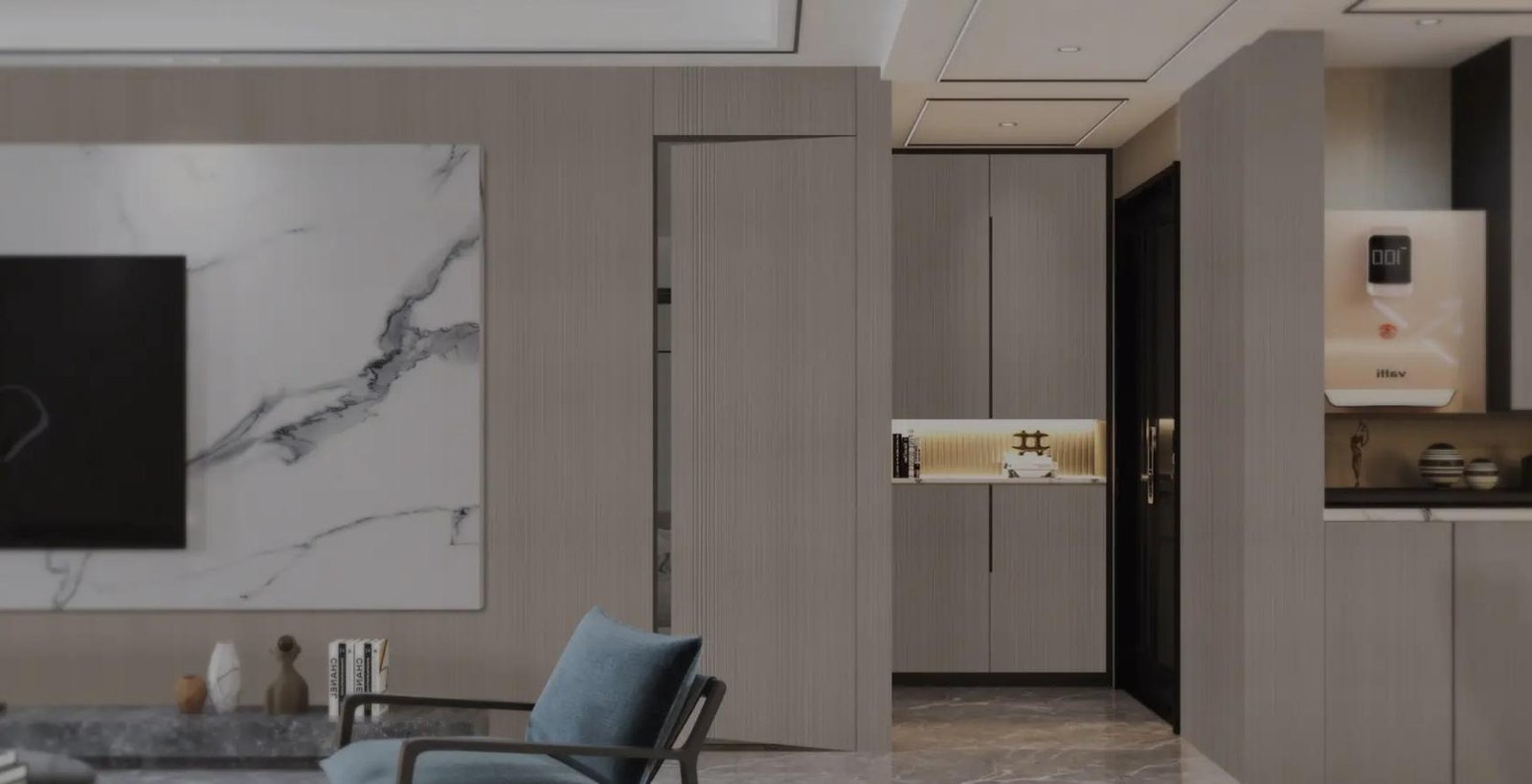What You Gain from a Dedicated Factory Door Producer

When you're sourcing doors for a building project, you may wonder: what advantage comes from ordering from a dedicated solid door manufacturer or a purpose-built wood door factory, versus having custom doors made on-site or locally? This article examines the value of factory production and how to evaluate it.
Firstly, consistency and control. A factory environment enables systematic control of drying, machining, finishing and inspection. For example, documentation of the production process shows that manufacturing happens in clean workshops, with door leaf pressing, lipping, hardware machining and inspection all in dedicated zones. When you work with a solid door manufacturer, you benefit from repeatable quality, batch-production efficiencies and fewer surprises.
Secondly, capacity and scale. A wood door factory with dedicated equipment and repeatable workflow can handle larger projects, offer shorter turnaround for standard models and support multiple units with same style/finish. For construction projects where multiple doors are needed, factory production helps ensure uniformity—so doors match in style, finish and hardware placement.
Thirdly, integration of finishing, packaging and logistics. A factory will often have controlled spray booths, curing systems, protective packaging and shipping infrastructure. The manufacturing process guide mentions packaging and “door frame packing; door leaf packing; loading.” This integrated approach reduces on-site issues such as damage during storage or installation delays.
Fourthly, cost and timeline clarity. Because factories operate production lines, quoting, scheduling and lead times tend to be more predictable. A solid door manufacturer can provide clear estimates for material, finish, machining and shipping. When custom doors are made ad hoc on-site, there is often more variability in lead time, accuracy and cost escalation.
Fifthly, inspection and accountability. With factory production you have formal inspection processes built-in. One guide describes inspection steps including checking order details, sizes, types and finish prior to packaging. This kind of checkpoint is less formal when production happens in a smaller workshop or on-site, increasing risk.
Of course, there remain scenarios where local fabrication makes sense—very bespoke one-off doors, unusual materials, extremely complex joinery visible in the project. But for many applications where multiple doors, consistent appearance and scheduled delivery matter, choosing factory-based production from a solid door manufacturer or a dedicated wood door factory provides tangible advantages.
To conclude: when planning your door procurement for a project, consider whether factory-based manufacture aligns with your project’s scale, quality requirements and timeline. It often delivers better consistency, integrated finishing and predictable logistics—freed from some of the uncertainties of smaller-scale on-site or custom shop production.
- Business
- Research
- Energy
- Art
- Causes
- Tech
- Crafts
- crypto
- Dance
- Drinks
- Film
- Fitness
- Food
- Jogos
- Gardening
- Health
- Início
- Literature
- Music
- Networking
- Outro
- Party
- Religion
- Shopping
- Sports
- Theater
- Wellness


